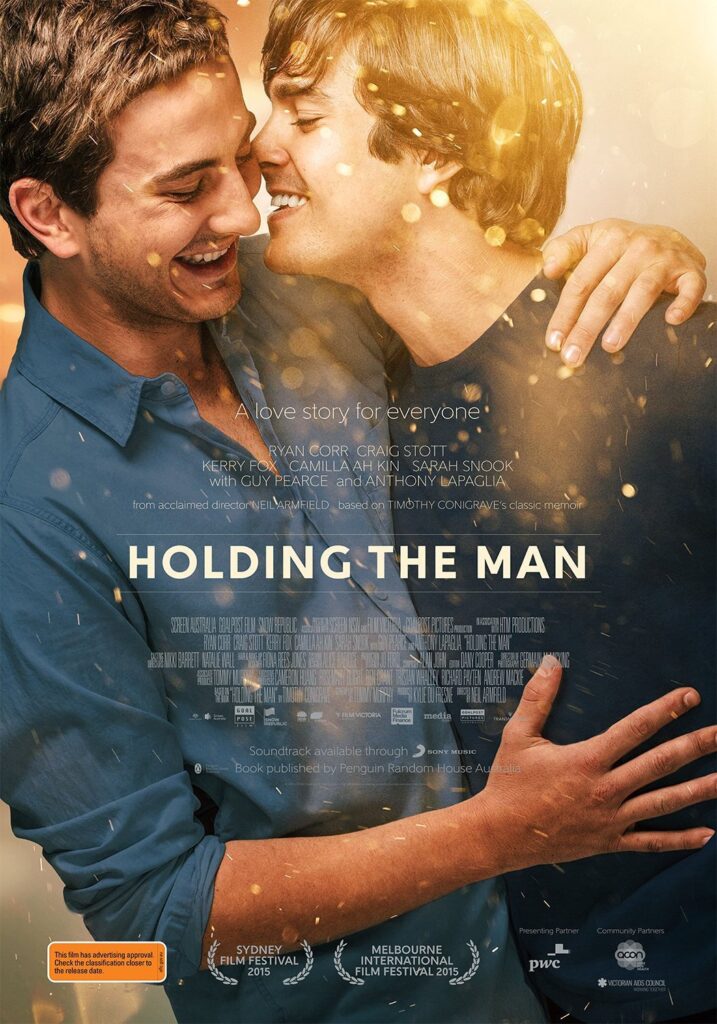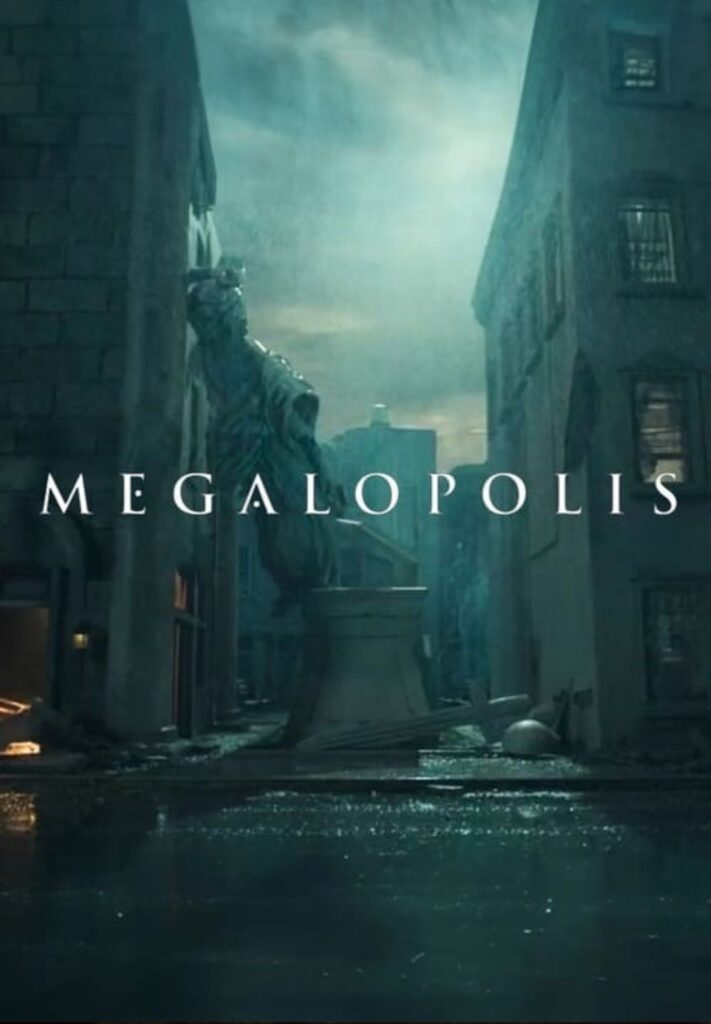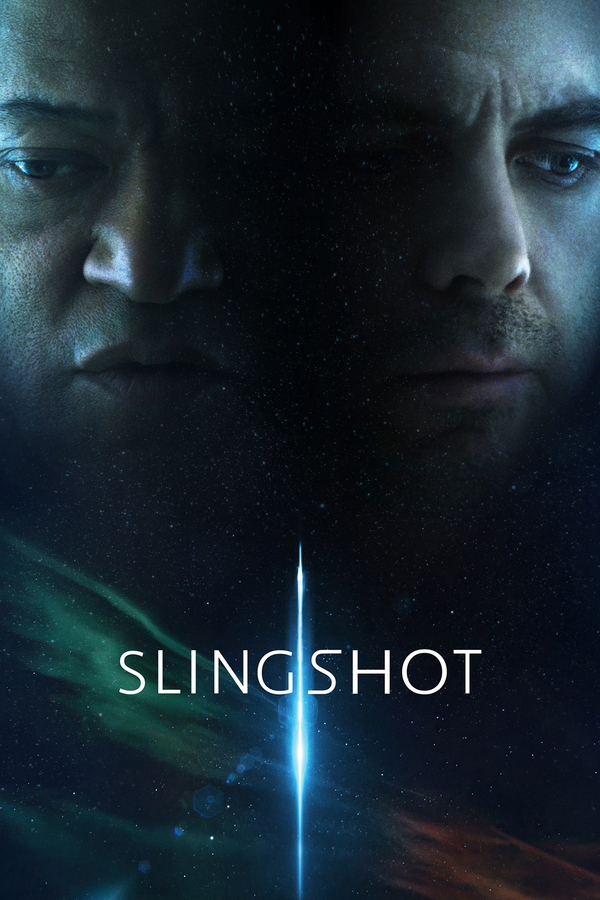
Okay, so a tiny little piece of me is incredibly jealous of Sean Baker and mainly because he went to NYU Tisch School of the Arts to learn filmmaking, and I went to NYU’s (at that time) Washington Square University College — now renamed College of Arts and Science. Or maybe it’s just Arts & Science. In any event, I took a number of movie classes that were offered by Tisch, and even a law class on the first amendment offered by the Law School. The reason I am jealous is because he is so freaking talented. And he’s not just a talented director, he is a talented writer.
He wrote and directed two movies I really loved: The Florida Project and Red Rocket. I probably would have loved Tangerine too, but I didn’t see it. He often writes about sex workers or people on the fringes of our worlds. In this, Anora, (she calls herself Ani or Annie), is basically a lap dancer who tries to do tricks on the side, outside the club. The club, incidentally, comes off in the movie, like something of a haven for women who like stripping and like getting naked for men. Because of her background, she’s asked to dance for the man in the photo, the son of a Russian oligarch who lives in the most expensive mansion in Brooklyn. It’s in the area called Mill Basin which looks, from the overhead view on Google Maps, very unnatural. They proceed to fall in love.
But if you actually know anything about human nature, the son of a Russian oligarch who doesn’t want to return to Russia, you know that when he asks her to marry him and offers to give her a four carat diamond ring worth, if it was lab grown, about $14,000 and up to $60,000 if it was a real diamond (although one of that size is rarely found in mines) — you know that he’s an absolute bull shitter. He’s also not a nice person — not a nice kid. Spoiled rotten, to the absolute core. There’s a couple of guys who are his father’s goons who live nearby and try to make sure he doesn’t get into trouble — or at least too much trouble. The movie turns pretty wildly when these three find out that he has married her at a church in Las Vegas. (Vegas also becomes a plot point in the movie.)
What really surprised me is that it was so funny. But what also surprised me — to a degree, because I think Sean Baker genuinely writes about people who are sincere — is that she, Anora, is just about the only sincere person in the movie. She’s also a truth teller which makes her, almost, a Tennessee Williams character like Blanche DuBois in Streetcar or Maggie in Cat On A Hot Tin Roof. These truth tellers never get their way. Maggie wanted a heterosexual husband and by the end of the play, has convinced herself she’s going to turn him straight. Blanche was raped and sent to an insane asylum. Like those characters, Anora ends up not exactly lost in delusion or insanity, but it doesn’t really end well. It’s almost like a mini tragedy, as most of his movies have been. And I think that’s where our exhilaration and empathy begins. We understand, because of what she’s been through, why she sobs.
I hope he has the stamina and creative juices to continue, because film needs people and writers like Sean Baker.







